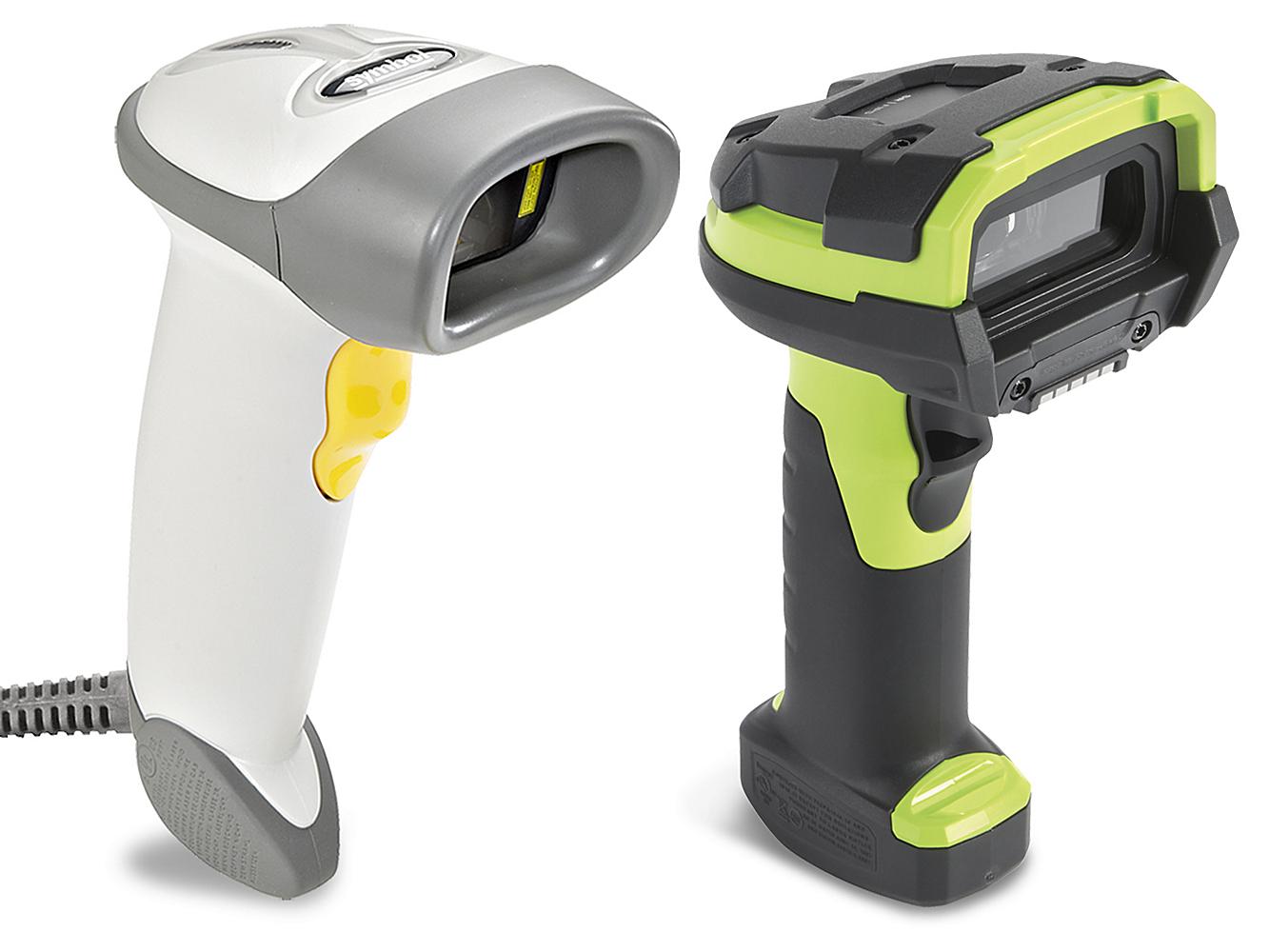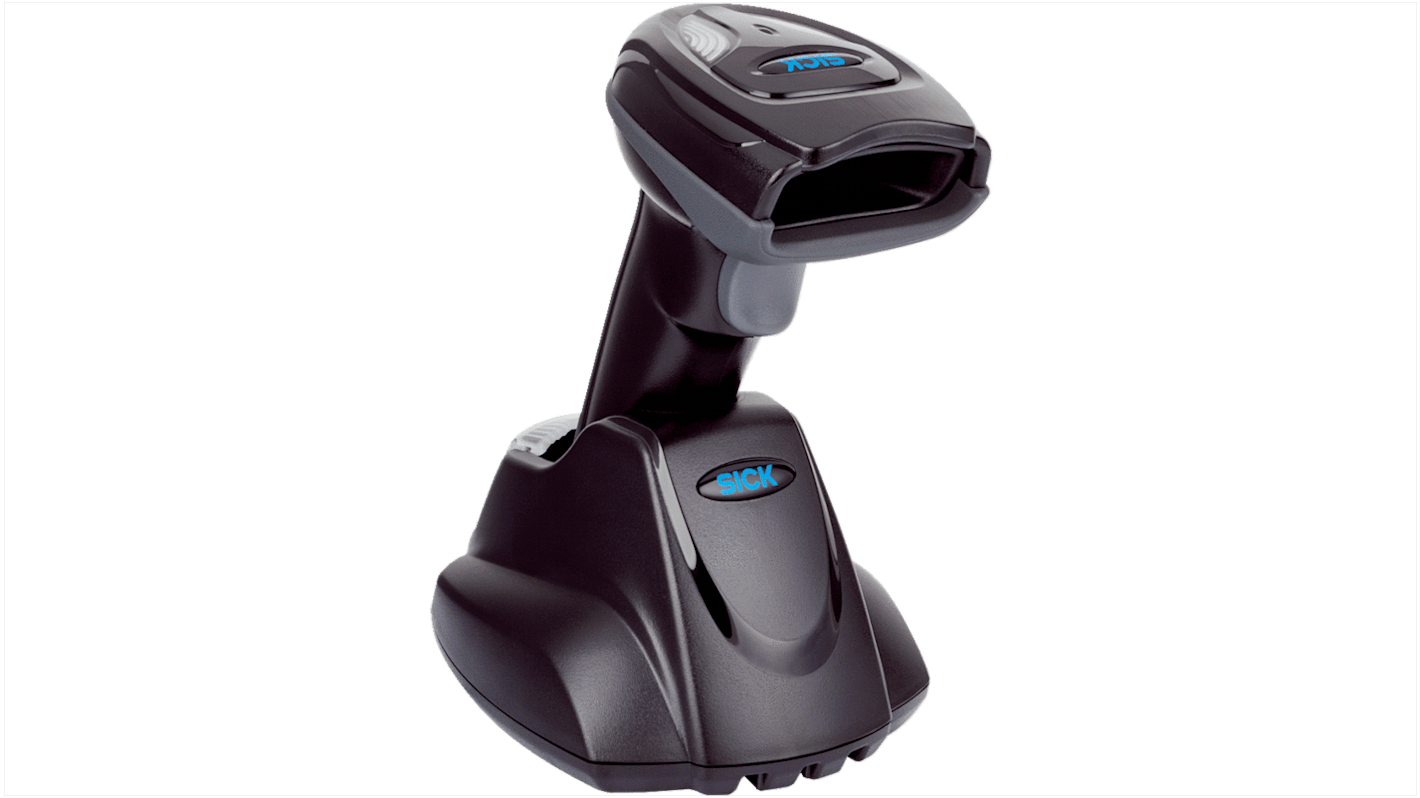Reliable Barcodes Scanners for Daily Operations
Reliable Barcodes Scanners for Daily Operations
Blog Article
Why Barcode Scanners Are Vital for Modern Retail and Warehousing
In the rapidly developing landscape of retail and warehousing, the assimilation of barcode scanners has become a crucial aspect in streamlining procedures and enhancing accuracy. By automating data entry procedures, these devices not just decrease human error yet also substantially boost supply administration and check out performance. As companies make every effort for affordable benefit, recognizing the multifaceted benefits of barcode modern technology exposes its critical function in maximizing resource allocation and promoting robust vendor relationships. The implications of these improvements raise even more questions about the future trajectory of barcode modern technology and its effect on sector criteria.
Benefits of Barcode Scanners
Barcode scanners offer many advantages that considerably boost functional performance in retail and warehousing settings. The automation of information access processes removes the errors frequently connected with hands-on input, resulting in enhanced precision in stock tracking and sales transactions. With the capacity to rapidly scan products, services can quicken check out times, boosting the client experience and lowering wait times.
Additionally, barcode scanners help with real-time information collection, enabling prompt updates to stock levels and sales records. This ability makes it possible for services to react promptly to adjustments in need and maximize supply levels, lowering excess stock and decreasing stockouts. Furthermore, the combination of barcode scanners with inventory monitoring systems simplifies processes such as order satisfaction and product returns, even more improving operational effectiveness.
Price savings are another essential advantage. By minimizing labor prices connected with hands-on inventory administration and minimizing mistakes that can bring about financial losses, barcode scanners add to overall earnings. Moreover, their convenience of use and mobility make them obtainable for personnel training, making sure that staff members can swiftly come to be skillful in their procedure. Generally, the execution of barcode scanners is a critical investment that yields considerable returns in performance and functional quality.
Enhancing Stock Administration
Effective supply administration is essential for keeping functional effectiveness in retail and warehousing setups. Barcode scanners play an essential role in this process by enhancing the tracking of stock levels, product places, and stock movements. By automating information capture, these gadgets minimize human mistake, resulting in more precise inventory documents.
Utilizing barcode scanners allows real-time visibility right into stock amounts, enabling companies to make informed choices relating to reordering and stock turning. This immediacy helps stop overstocking or stockouts, both of which can negatively affect customer satisfaction and revenue margins.
In addition, barcode scanning facilitates efficient stock audits. With quick scanning capabilities, staff can conduct supply checks quickly, guaranteeing that disparities are recognized and remedied without delay. Improved inventory precision not just sustains functional effectiveness but likewise strengthens relationships with vendors, as exact data can result in far better settlement terms and enhanced order gratification.

Improving Checkout Effectiveness
As customers increasingly require quicker and more efficient shopping experiences, improving checkout procedures has actually come to be a top concern for stores. Applying barcode scanners plays an essential function in this undertaking, dramatically improving the purchase procedure. By enabling cashiers to check items rapidly, barcode innovation reduces the time spent on each site here sale, therefore reducing overall wait times for clients.
In addition, barcode scanners facilitate the accurate identification of products, lessening the capacity for mispricing and guaranteeing that customers are billed appropriately. This efficiency not just improves customer contentment however also boosts the store's functional performance. With the ability to process numerous things in quick sequence, retailers can deal with high volumes of transactions during peak purchasing hours without sacrificing solution quality.
Additionally, integrating barcode scanners with point-of-sale systems allows real-time supply updates, supplying beneficial insights into supply degrees. This immediacy permits sellers to take care of stock better, making sure that prominent items continue to be in stock and lowering the possibility of lost sales. Generally, the fostering of barcode scanning innovation is vital for boosting check out effectiveness, ultimately resulting in enhanced consumer experiences and enhanced sales for sellers.
Lowering Human Mistake
In retail and warehousing environments, the application of scanning modern technology considerably minimizes human mistake throughout purchases. Conventional hands-on access of product details is prone to blunders, consisting of inaccurate pricing, misidentified items, and data entrance mistakes. barcodes scanners. Barcode scanners streamline this process by automating the capture of item data, making certain precision and uniformity
By using barcode scanners, staff members can quickly scan products instead than by hand inputting details. Barcode scanning reduces these risks by boosting the accuracy of stock counts and sales documents.
Furthermore, barcode scanners boost accountability within the workforce. With clear information tracks created via scanning, discrepancies can be identified and addressed quickly, fostering a society of accuracy. barcodes scanners. The reduction of human error not just improves functional effectiveness but also builds customer trust, as shoppers receive the correct items at the right costs. Overall, the fostering of barcode technology is an essential step towards achieving operational quality in retail and warehousing setups.
Future Fads in Barcode Modern Technology
The development of barcode innovation is poised to transform retail and warehousing operations in the coming years, driven by advancements in automation, information analytics, and mobile integration. As markets significantly adopt Web of Things (IoT) systems, you can check here barcode scanning will try these out become indispensable to real-time stock administration and supply chain optimization. Improved data analytics capacities will allow companies to harness checked info for anticipating analytics, improving demand forecasting and inventory turn over.

Additionally, the combination of expert system with barcode technology assures to streamline processes through smart acknowledgment and mistake detection. As artificial intelligence formulas evaluate checked data, they can offer understandings that help avoid stockouts and overstock scenarios.

Verdict
In conclusion, barcode scanners play an essential duty in modern retail and warehousing by boosting supply administration, boosting check out effectiveness, and dramatically decreasing human error. The integration of barcode technology not only simplifies operations yet also promotes better supplier relationships and enhances source appropriation. As innovation continues to progress, the future of barcode scanning guarantees more innovations that will drive operational performance and profitability in increasingly open markets.
Report this page